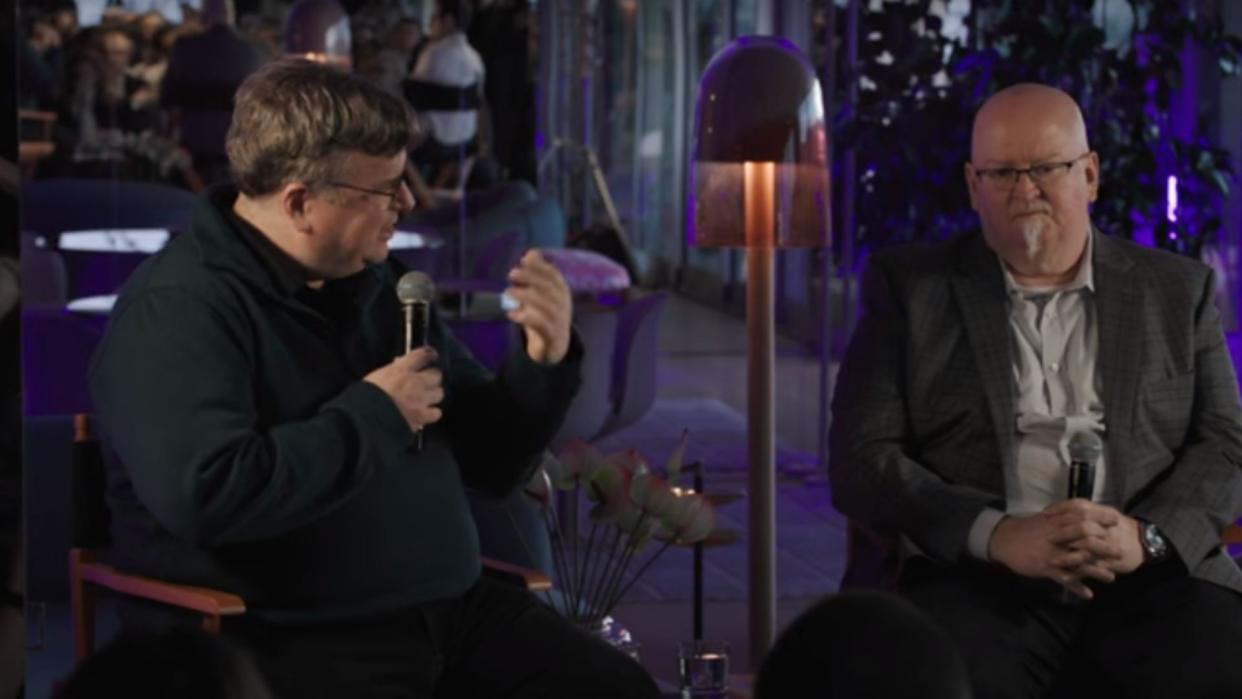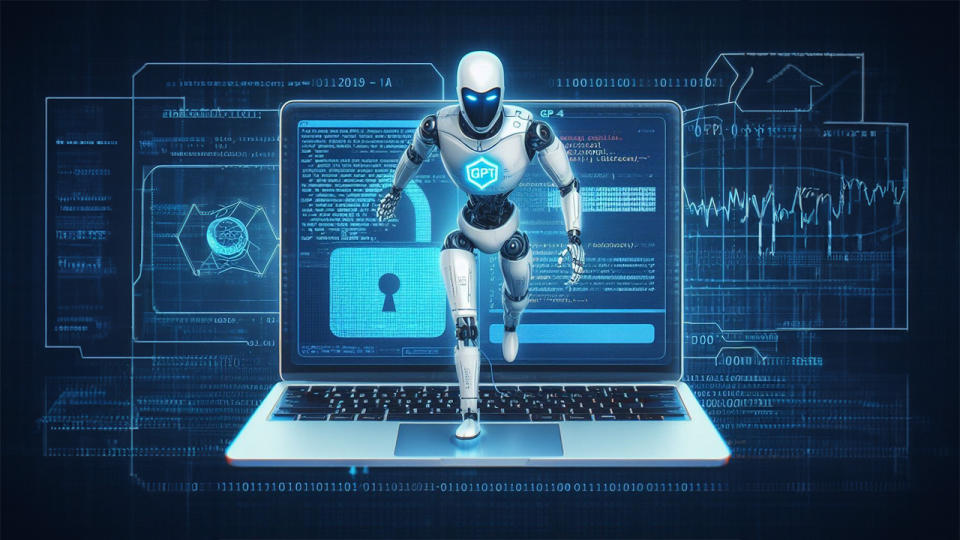Microsoft CTO Kevin Scott says early previews of newer AI models surpass OpenAI GPT-4's reasoning capabilities and can even pass a PhD qualifying exam

What you need to know
AI models now feature better memory and reasoning capabilities.
Microsoft CTO Kevin Scott says forthcoming AI models will have the capability to pass PhD qualifying exams.
The CTO states that the technology has unlocked productivity, allowing users to get work done faster and more efficiently.
With the emergence of sophisticated and cutting-edge LLMs like OpenAI's 'magical' GPT-4o model, we continue to scale greater heights in terms of how far we can push these systems and what we can use them to achieve. For instance, despite OpenAI CEO Sam Altman saying GPT-4 "kind of sucks" and is mildly embarrassing at best. the model was recently spotted outperforming professional financial analysts at forecasting future earnings trends without access to qualitative data.
Microsoft CTO Kevin Scott seemingly shares similar sentiments. While speaking to Reid Hoffman during a Berggruen Salon in Los Angeles, Scott discussed barriers slowing down AI innovation, the future of AI tools, and more. Right off the bat, the CTO discussed the persistent memory in AI models, which is already in its early stages in some systems.
Scott refers to the persistent memory as "episodic," indicating AI models can now follow through the flow of communication while interacting with users. The CTO says this makes AI models much more useful than before, potentially to the early ChatGPT and Microsoft Copilot (formerly Bing Chat) launch days where the models were riddled with hallucination episodes, prompting the need for character limits.
He also touched on the fragility of reasoning consistent among AI models but has now gotten better via new updates and quality-of-life improvements. The models now spot "durable" memory, thus making it easier for users to get them to solve complex problems that would've been an uphill task in the past.
Kevin Scott painted a scenario where if GPT-4 performs as well as a high school student on AP exams, then some of the newer models will be able to perform better and pass PhD qualifying exams.
What people are doing with AI tools matters most

Scott says while memory and reasoning capabilities in AI models improve, allowing them to handle more sophisticated and complex tasks like PhD exams, the real test is what we inevitably choose to do with the technology.
RELATED: Just how are people using Microsoft Copilot
He further stated that machine learning required a grad school level of mathematical sophistication and thorough technical research. And despite the efforts, he'd still need an additional 6 months to code. But with the emergence and ready availability of AI tools, a high school student could achieve the same task on a Saturday morning.
As AI's reasoning gets better, there's a rising concern that it will eventually become smarter than people. Billionaire Elon Musk predicts AI will take over all our jobs, provide goods and services sufficiently, and turn work into a hobby.


